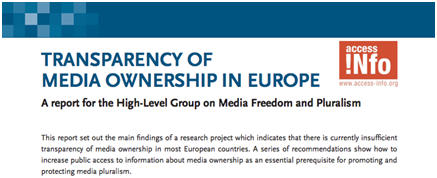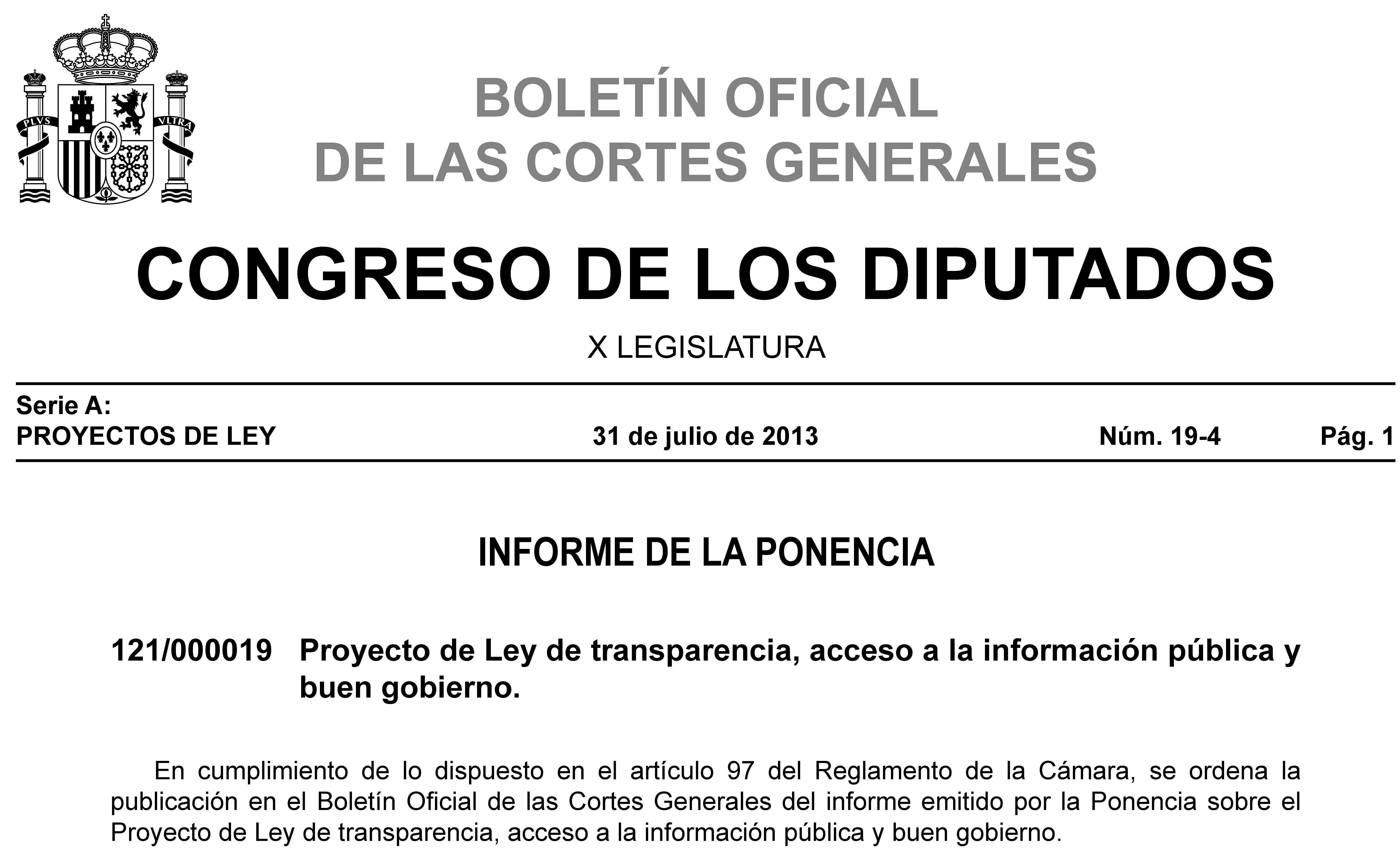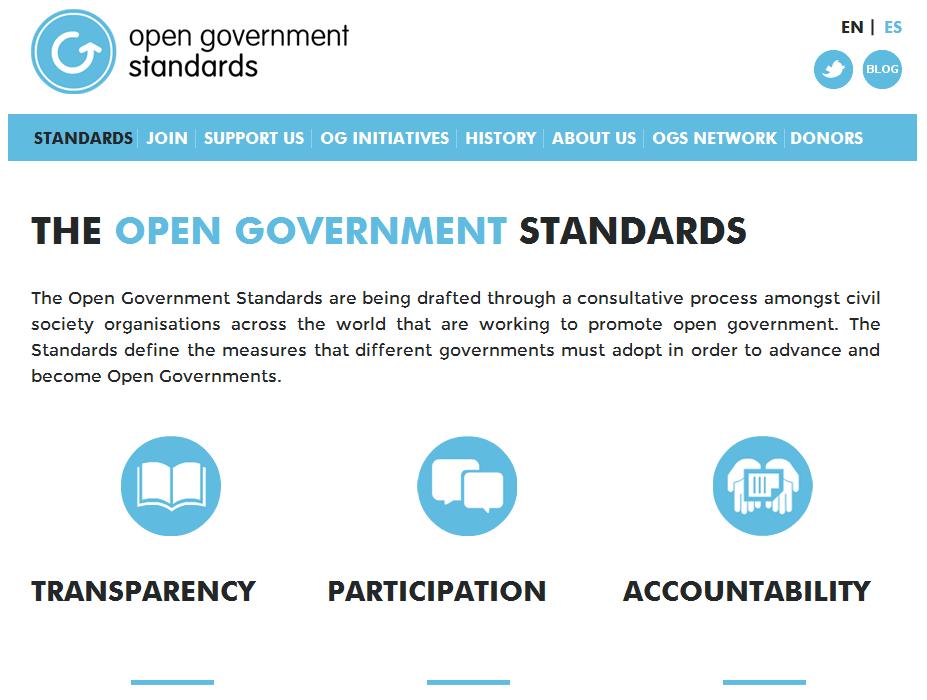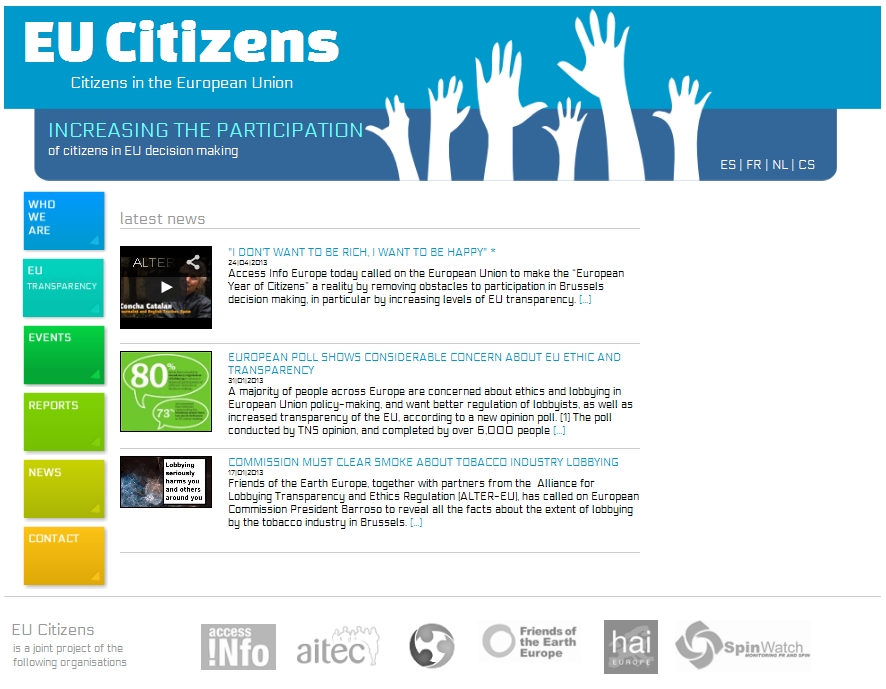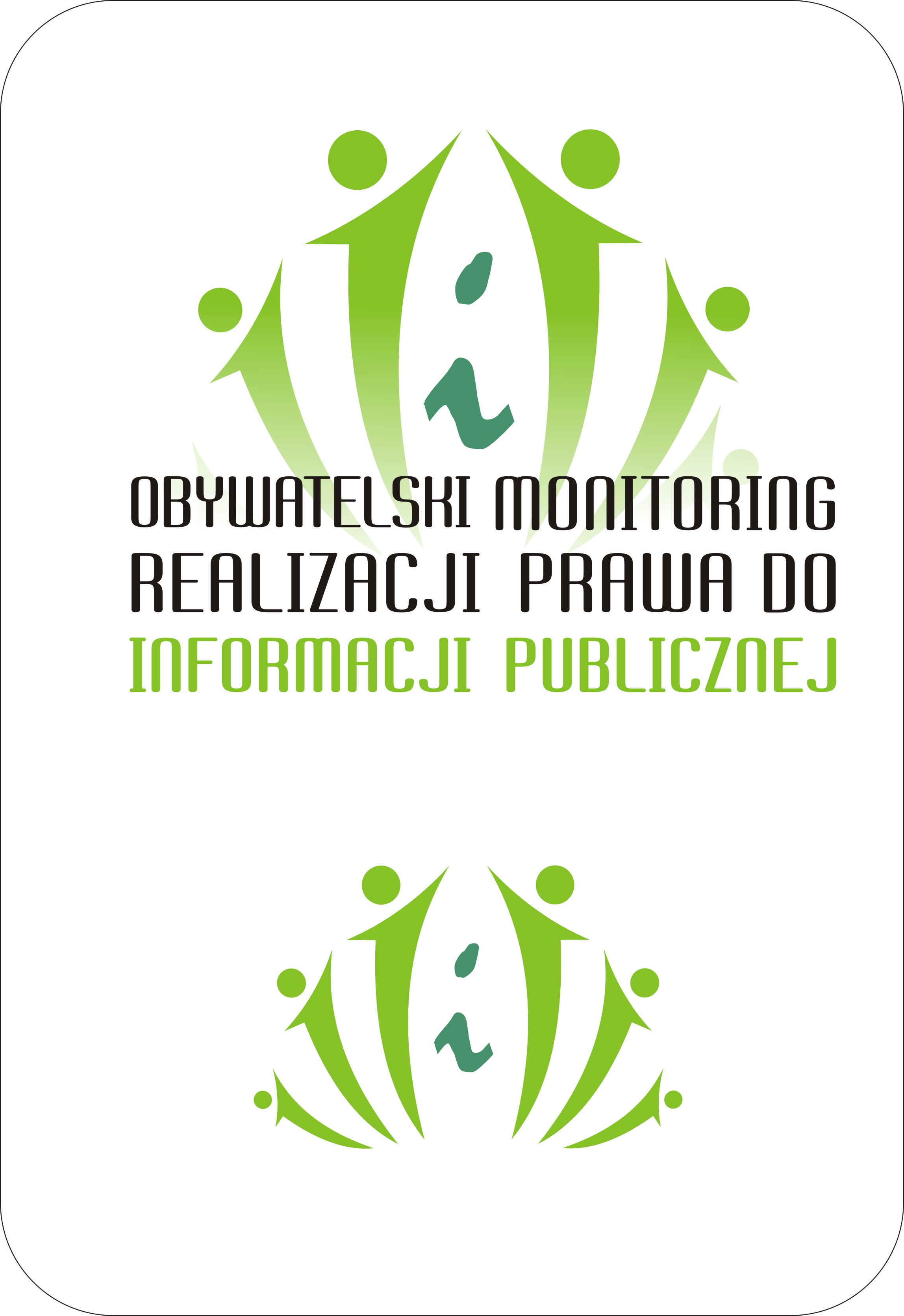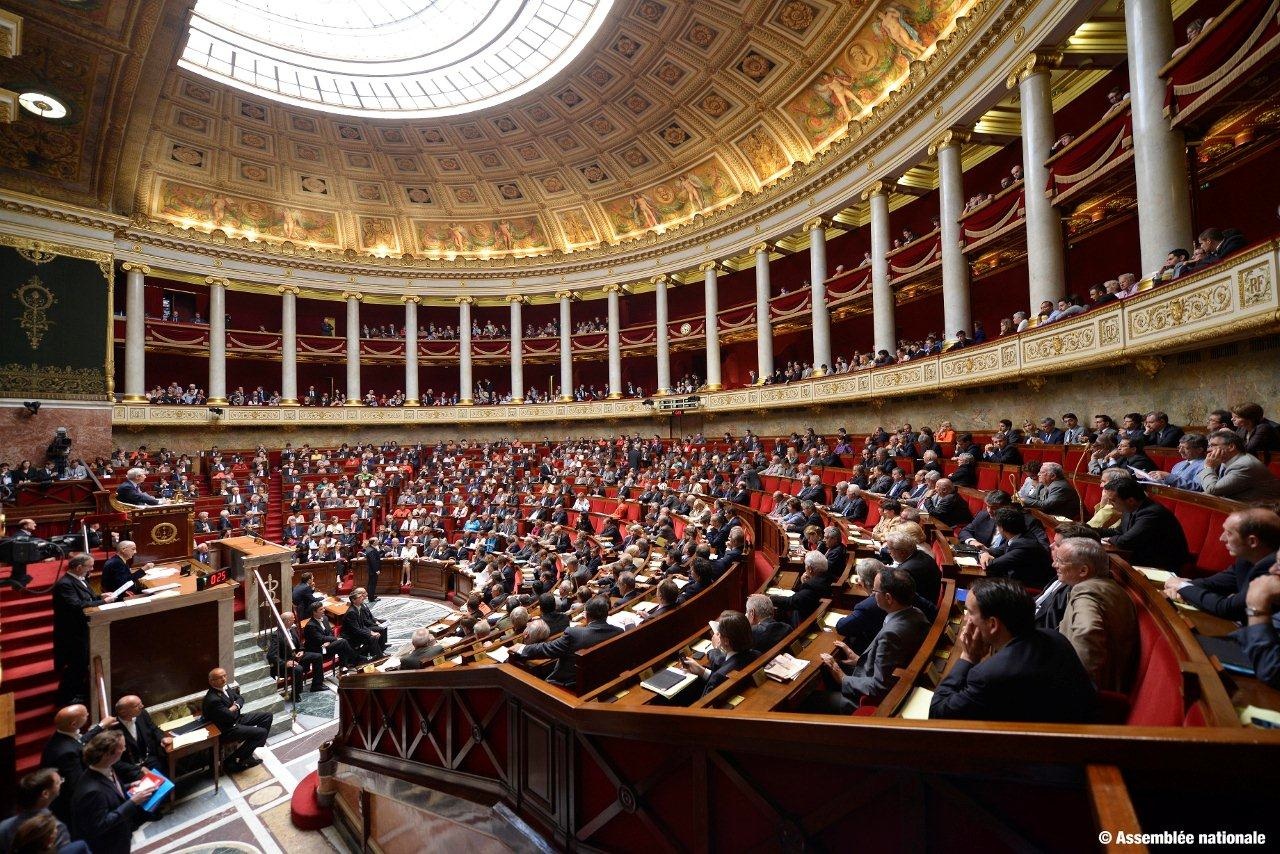Austria TMO Consultation
Helen Darbishire2018-11-13T10:12:28+01:00Can the public find out who owns the media through free access to the essential information required? According to the Media Act, as amended in 2011, it is possible to finds out who owns print, online and broadcast media through information reported directly to the public. All media must disclose enough information for their real owners to be identified, including information on all shareholdings, whatever the size, beneficial owners back to a real person and those with indirect interests and control. For periodical media, this should be done annually next to the “imprint” or masthead, for broadcast media it must


